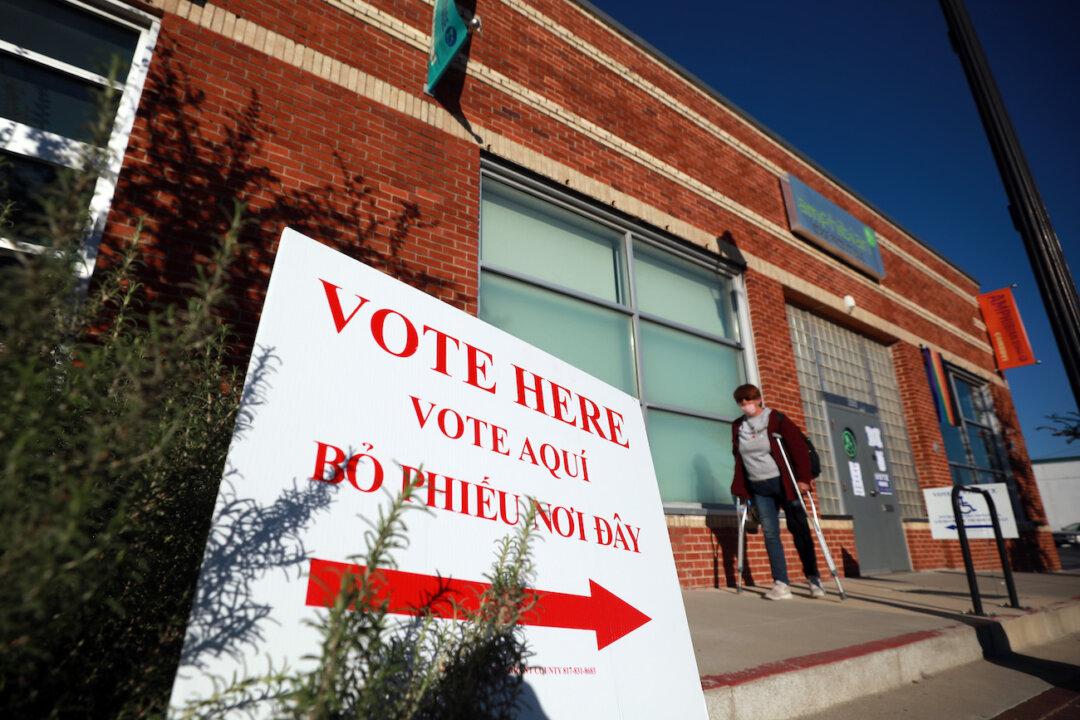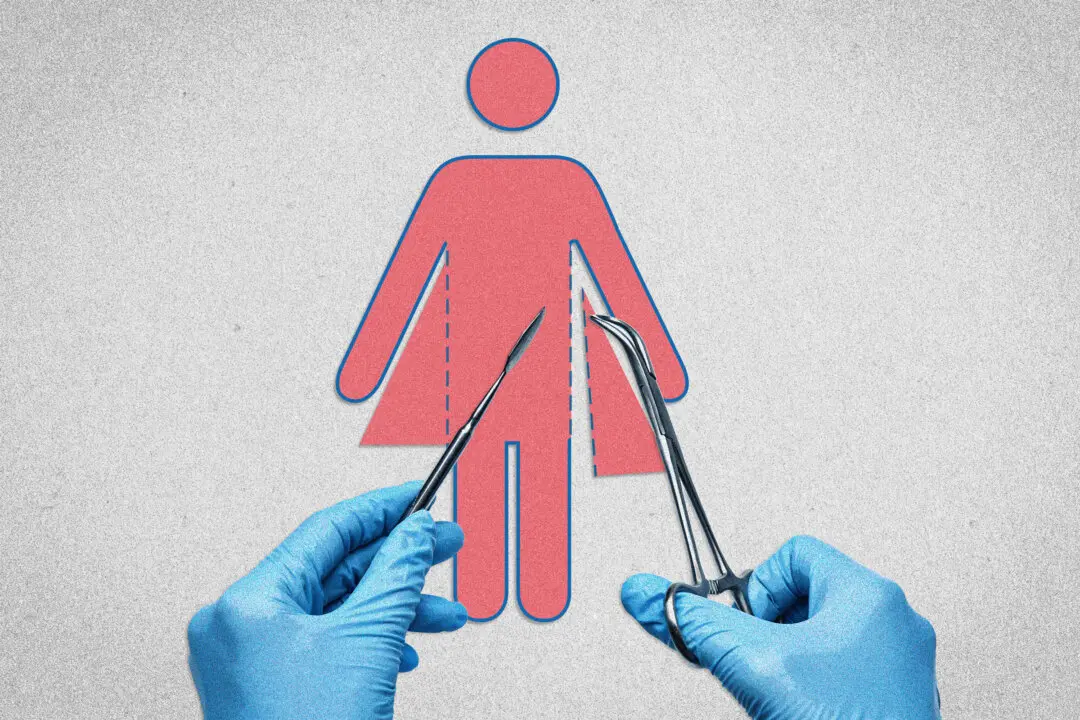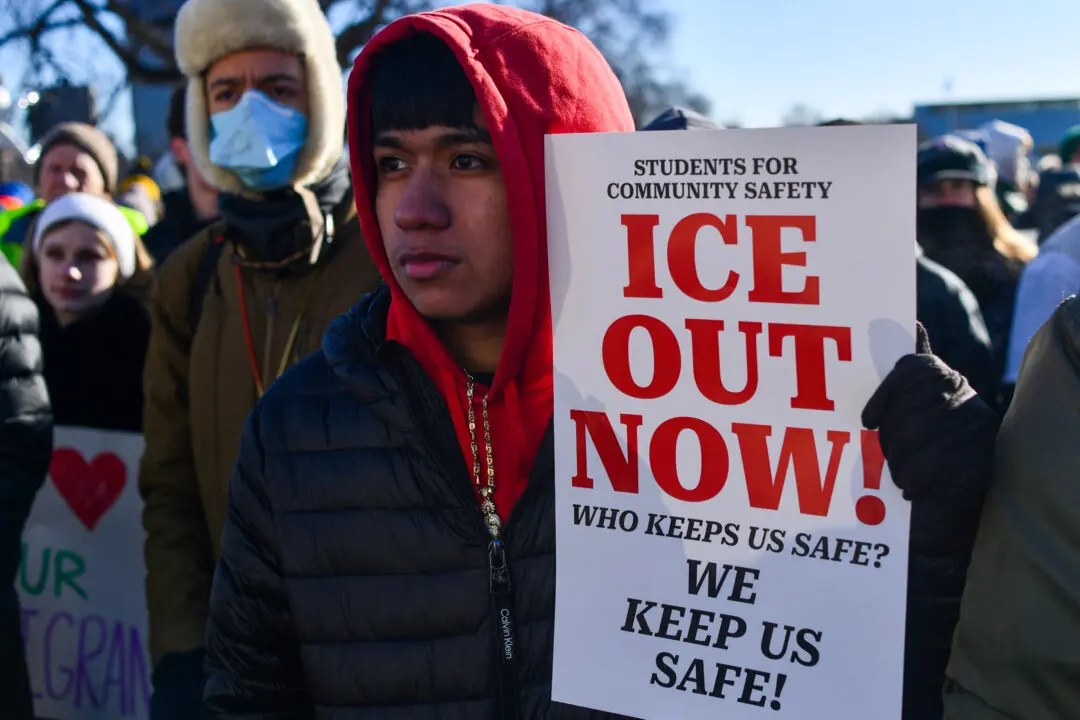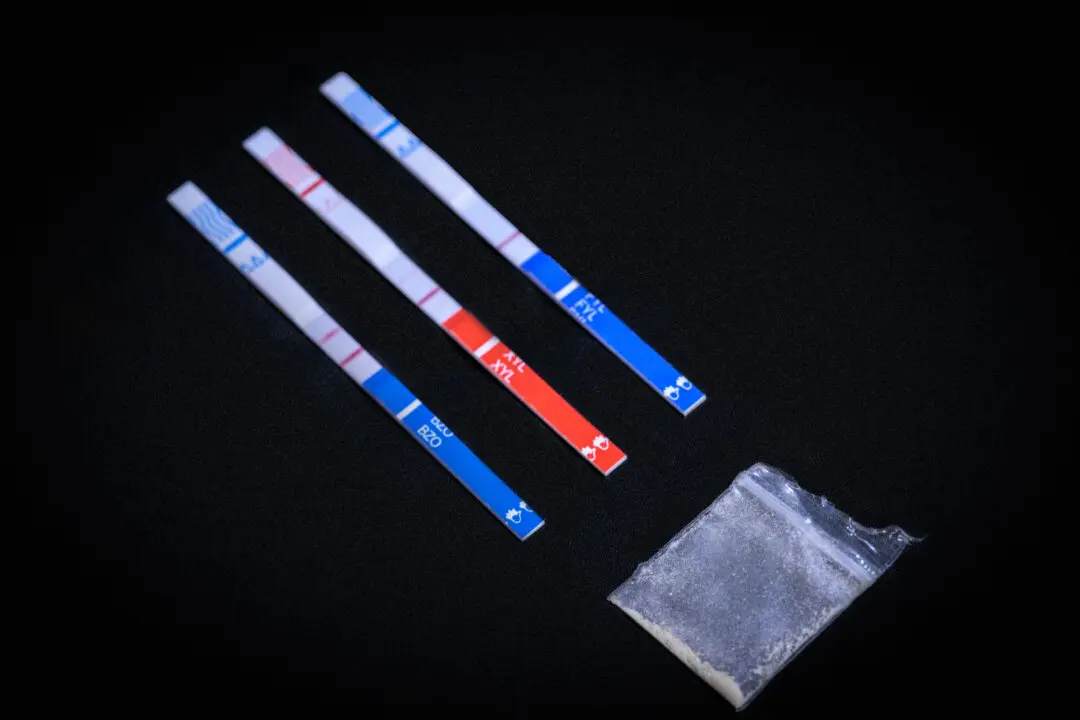Some 5,000 Texans who used a P.O. box as a voter registration address will likely be able to cast a ballot in the state’s midterm elections after a federal judge blocked a 2021 state election law.
Senate Bill 1111 attempted to tighten residency guidelines for Texas voters, but was struck down this month by U.S. District Court Judge Lee Yeakel, an appointee under former president George W. Bush.





